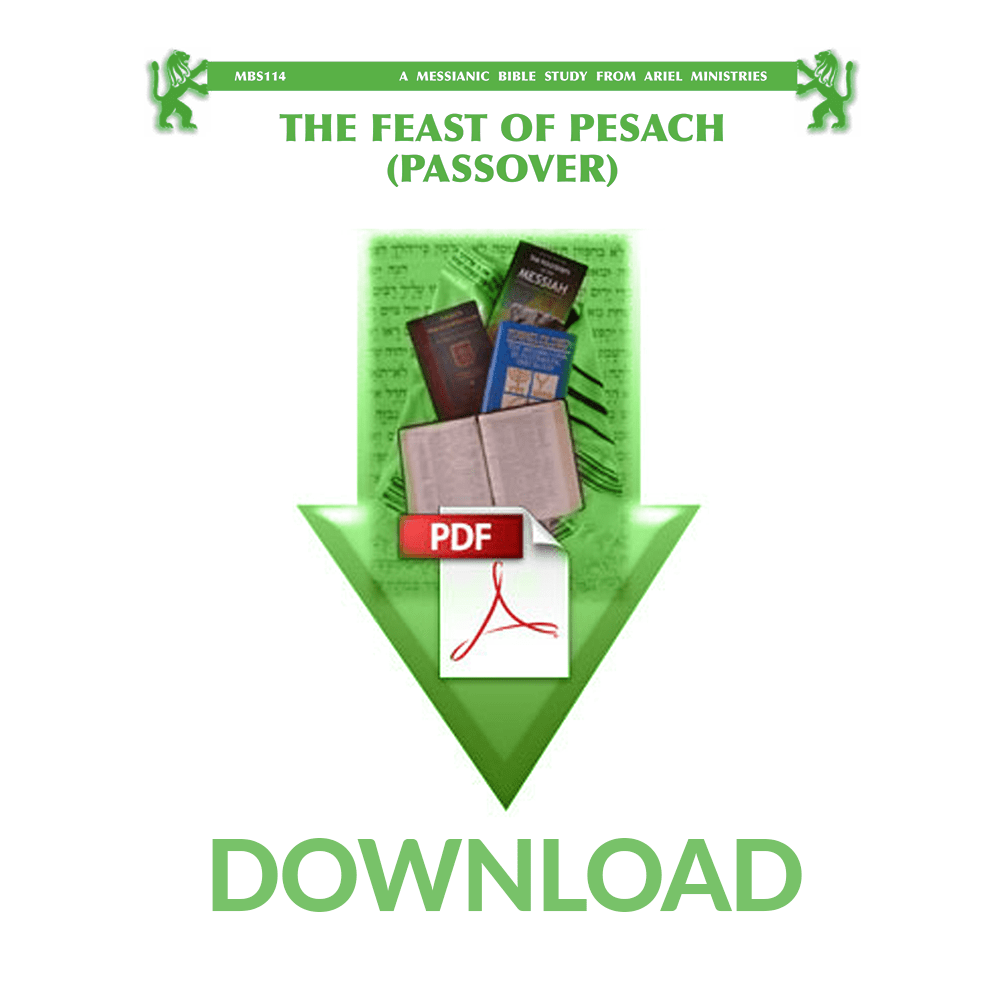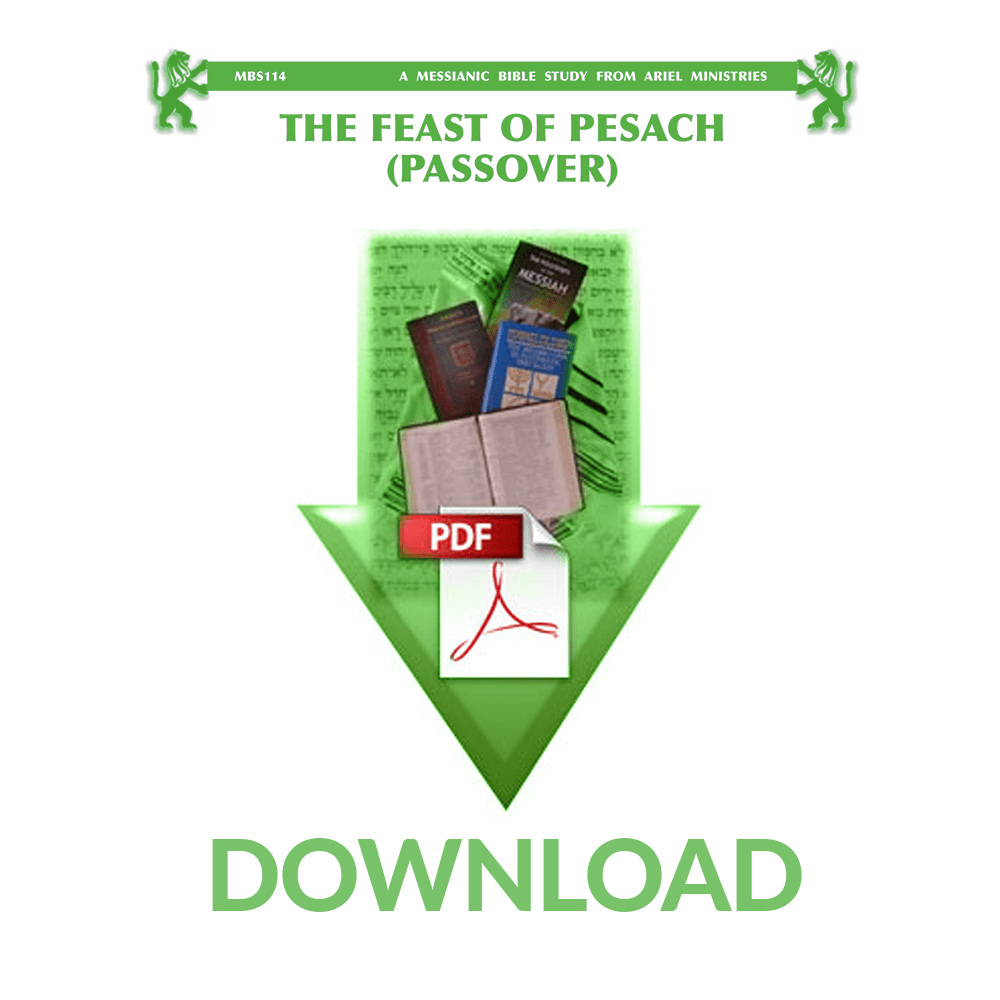The Return of Elijah
Another event clearly predicted to occur before the Tribulation is the return of Elijah in Malachi 4:5–6: Behold, I will send you Elijah the prophet before the great and terrible day of Jehovah come. And he shall turn the heart of the fathers to the children, and the heart of the children to their fathers; lest I come and smite the earth with a curse.
Verse 5 pinpoints the return of Elijah as coming before the Day of Jehovah, namely before the Tribulation. Verse 6 goes on to describe the nature of Elijah’s ministry when he returns: that of a Jewish family reunion program. The Jewish family unit, strong for so many centuries, has in these last days begun to break down and, according to the prophetic word, it will continue to break down. The ministry of Elijah is to restore this unity in preparation for the Second Coming of the Messiah.
There is a great deal of confusion concerning the relationship of Elijah to John the Baptist. It should be kept in mind that Elijah was never promised before the First Coming of the Messiah. Elijah was only promised to come before the Second Coming of the Messiah and before the Tribulation itself. However, a forerunner was predicted before the First Coming of the Messiah in Malachi 3:1 and Isaiah 40:3–5. This was fulfilled by John the Baptist in Matthew 3:1–6; 11:7–10; and John 1:23.
But while John the Baptist fulfilled those prophecies concerning the forerunner before the First Coming of the Messiah, he was not Elijah who was promised before the Second Coming. This becomes clear when all of the relevant passages are taken into account.
One important passage bearing on this question is found in John 1:19–23: And this is the witness of John, when the Jews sent unto him from Jerusalem priests and Levites to ask him, Who are you? And he confessed and denied not; and he confessed, I am not the Christ. And they asked him, What then? Are you Elijah? And he said, I am not. Are you the prophet? And he answered, No. They said therefore unto him, Who are you? that we may give an answer to them that sent us. What say you of yourself? He said, I am the voice of one crying in the wilderness, Make straight the way of the Lord, as said Isaiah the prophet.
In this passage, John the Baptist makes it clear that he is not Elijah. He never claimed to be Elijah, and when asked, he denied it. He only claimed to be the fulfillment of the Isaiah prophecy.
The next passage is found in Matthew 17:9–13: And as they were coming down from the mountain, Jesus commanded them, saying, Tell the vision to no man, until the Son of man be risen from the dead. And his disciples asked him, saying, Why then say the scribes that Elijah must first come? And he answered and said, Elijah indeed comes, and shall restore all things: but I say unto you, that Elijah is come already, and they knew him not, but did unto him whatsoever they would. Even so shall the Son of man also suffer of them. Then understood the disciples that he spoke unto them of John the Baptist.
In answer to the disciples’ question regarding the coming of Elijah, the Messiah first states, using the future tense, that Elijah will indeed come to restore all things, which is a strong allusion to his ministry mentioned in Malachi 4:6. But this was a promise in relation to the Second Coming, not the First Coming. Hence, Elijah is yet to come to do the ministry of restoration. The disciples’ confusion at this stage was due to the fact that they did not yet understand the twofold coming of the Messiah and were still expecting the Kingdom to be set up at that time. The parallel passage in Mark 9:9–13 adds the point that if Elijah had come before the First Coming and restored all things, then all the prophecies of the sufferings of the First Coming would remain unfulfilled. Elijah will indeed come first but first before the Second Coming, not before the First Coming. John the Baptist did not accomplish the Elijah’s ministry of restoration.
The Messiah then adds that in one sense John the Baptist was Elijah. But in what sense? Two other passages answer that. The first is in Matthew 11:11–14: Verily I say unto you, Among them that are born of women there has not arisen a greater than John the Baptist: yet he that is but little in the kingdom of heaven is greater than he. And from the days of John the Baptist until now the kingdom of heaven suffers violence, and men of violence take it by force. For all the prophets and the law prophesied until John. And if ye are willing to receive it, this is Elijah, that is to come.
To understand what is being said, it should be noted that the Messiah is preaching the good news of the Kingdom in verses 11–12. If Israel had received the Kingdom, then John the Baptist would have fulfilled the function of Elijah and would have accomplished the ministry of restoration. But the Kingdom was rejected and hence, John the Baptist did not fulfill the function of Elijah; thus Elijah is yet to come to accomplish the work of restoration.
The second passage answering the question as to what way John the Baptist was Elijah is in Luke 1:13–17: But the angel said unto him, Fear not, Zacharias: because your supplication is heard, and your wife Elisabeth shall bear you a son, and you shall call his name John. And you shall have joy and gladness; and many shall rejoice at his birth. For he shall be great in the sight of the Lord, and he shall drink no wine not strong drink; and he shall be filled with the Holy Spirit, even from his mother’s womb. And many of the children of Israel shall be turn unto the Lord their God. And he shall go before his face in the spirit and power of Elijah, to turn the hearts of the fathers to the children, and the disobedient to walk in the wisdom of the just; to make ready for the Lord a people prepared for him.
In announcing the coming birth of John the Baptist, the angel declares that he will come in the spirit and power of Elijah.
Consolidating what these verses are saying, some time before the Tribulation Elijah the Prophet will return to do his work of restoration. Thus, Elijah will serve as a forerunner of the Messiah’s Second Coming in the same way as John the Baptist was the forerunner of the Messiah’s First Coming. John was a type of Elijah in that he came in the spirit and power of Elijah. If Israel had accepted the message, then John the Baptist would have accomplished the function of Elijah, which was the work of restoration. However, John the Baptist and the Messiah were both rejected, and so Elijah is yet to come to perform the work of restoration before the Tribulation.
As with the first blackout, it is not possible to pinpoint at this time exactly when Elijah will come before the Tribulation. Therefore, it is impossible to place his coming in any chronological sequence of events.
Excerpt from Dr Arnold Fruchtenbaum:
MBS038 THE SEQUENCE OF PRETRIBULATIONAL EVENTS: Pg 34-36








